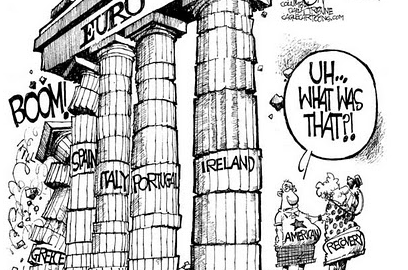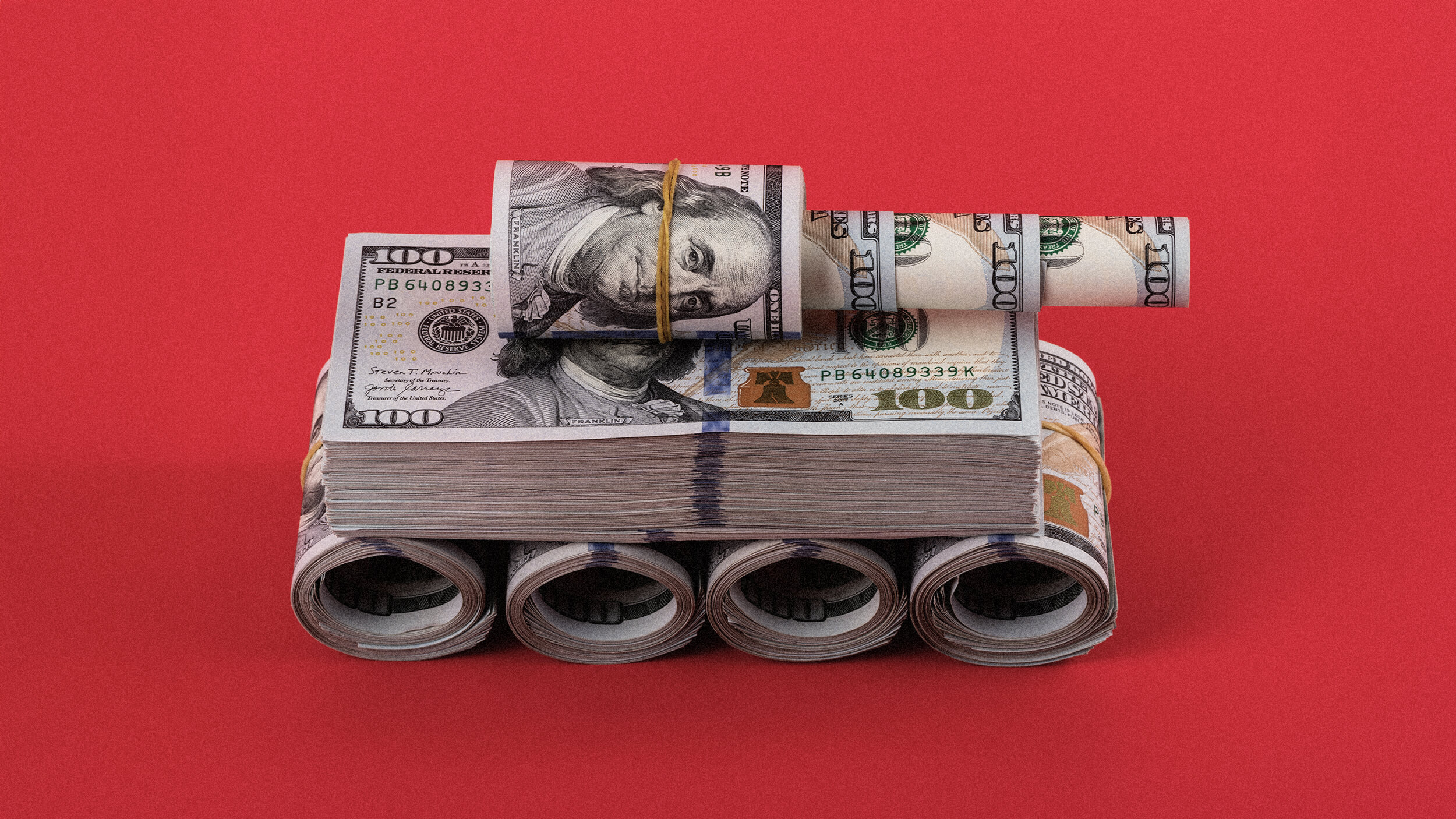Derivatives Lay at Heart of Debate Over Voluntary or Involuntary Greek Default

In April of 2010 I wrote my first blog about Greece in which I suggested that €30 billion would not solve or even impact the Greek problems. In that same letter I suggested three possible courses Europe, the IMF, and the rest of the world might take; the third being the illusionary game played by Greece’s Euro partners, led by Germany. Unfortunately, the third, and most dangerous of the possibilities was — and is — the chosen route. Now Greece and much of the rest of Europe faces an impasse, which, even if surmounted, will only be a short term solution. There is a reasonable course to follow but I fear, once again, it will be avoided or ignored.
There is little possibility that the Greek, Portuguese, Spanish, Italian, French, or Irish people will sacrifice the next ten years in economic purgatory to save the German export business or to fund the largest unfunded pension liabilities in the world — the German government and corporate pension obligations. As a substantial percentage of German exports — around 50% —are sold to the Euro based countries it will be a great disadvantage to the German economy to try to compete with a Europe where currencies are independent and less valued than the present Euro. If Germany were to account for the magnitude of its unfunded pensions its economic standing would not differ from that of the weakest Euro zone nations. It has little choice but to push in every direction to compel the use of the Euro throughout the zone. Should its export markets dry up, not only would it face an economic slowdown, but also default of its massive unfunded pension liabilities. To survive Germany will have to increase its efforts and commitment to the avoidance of mass exodus from the Euro on the part of the weaker nations. This will involve opening its purse to avoid multiple defaults and to allow the fiscal spending necessary to revitalize Greece and the rest of Europe. The people of Europe will ultimately demand it.
As for Greece, talks have broken down between “voluntary” or “involuntary” default. Default is a given! The Greek people will resist the effect of either type of default on Greece’s economic future. They will not allow their assets to be pledged or sold to the seemingly stronger nations. Ultimately they will opt for an economy, independent from that of which will remain of the Euro zone.
However, now the issue is “voluntary” acceptance of default or “involuntary” default. The sole difference between the two is who pays the losses. Those resisting voluntary default are investors, who purchased insurance (read: derivatives) from the major banks — yes, once again, derivatives from the major banks who were speculating that there would be no default. In the event of “involuntary” default these same derivatives speculators — again, the major banks — will have to pay the investors on their derivatives contracts and, therefore, absorb the losses of the investors who bought insurance. Here we are again!
“Voluntary” acceptance of a default, on the part of the owners of Greek debt who bought insurance from the banks, has been deemed not to be an event that will trigger payment on these derivative contracts. Thus, in a “voluntary” default the investor’s insurance policies would be voided. The governments, IMF, France and Germany are angling for the defaults to leave the banks free from fulfilling their obligations to those investors who own Sovereign debt and have paid for insurance. Of course there is a short term solution though the long term will require a revamp of fiscal policy. In the short term those who benefit need to share the pain.
Negotiations should center on greater contributions from those who are currently benefiting and who will benefit. Germany and the major banks must contribute to absorbing the losses. Losses cannot be borne only by those who have purchased Sovereign debt believing their contracts with the major banks would be honored in the event of default. The world’s markets and legal and economic structures will be in great danger if the course heretofore followed is continued.





